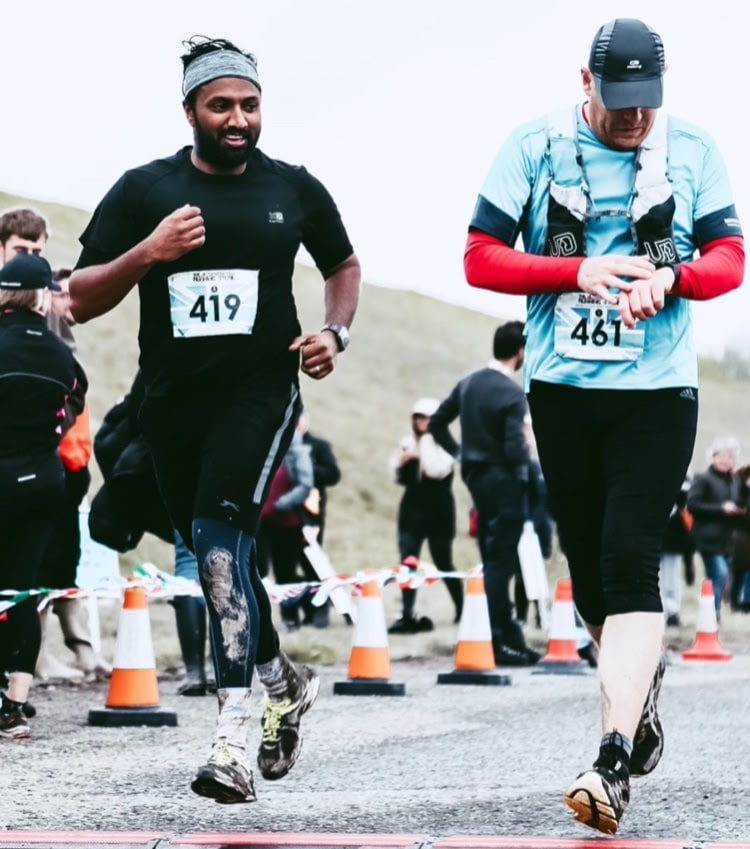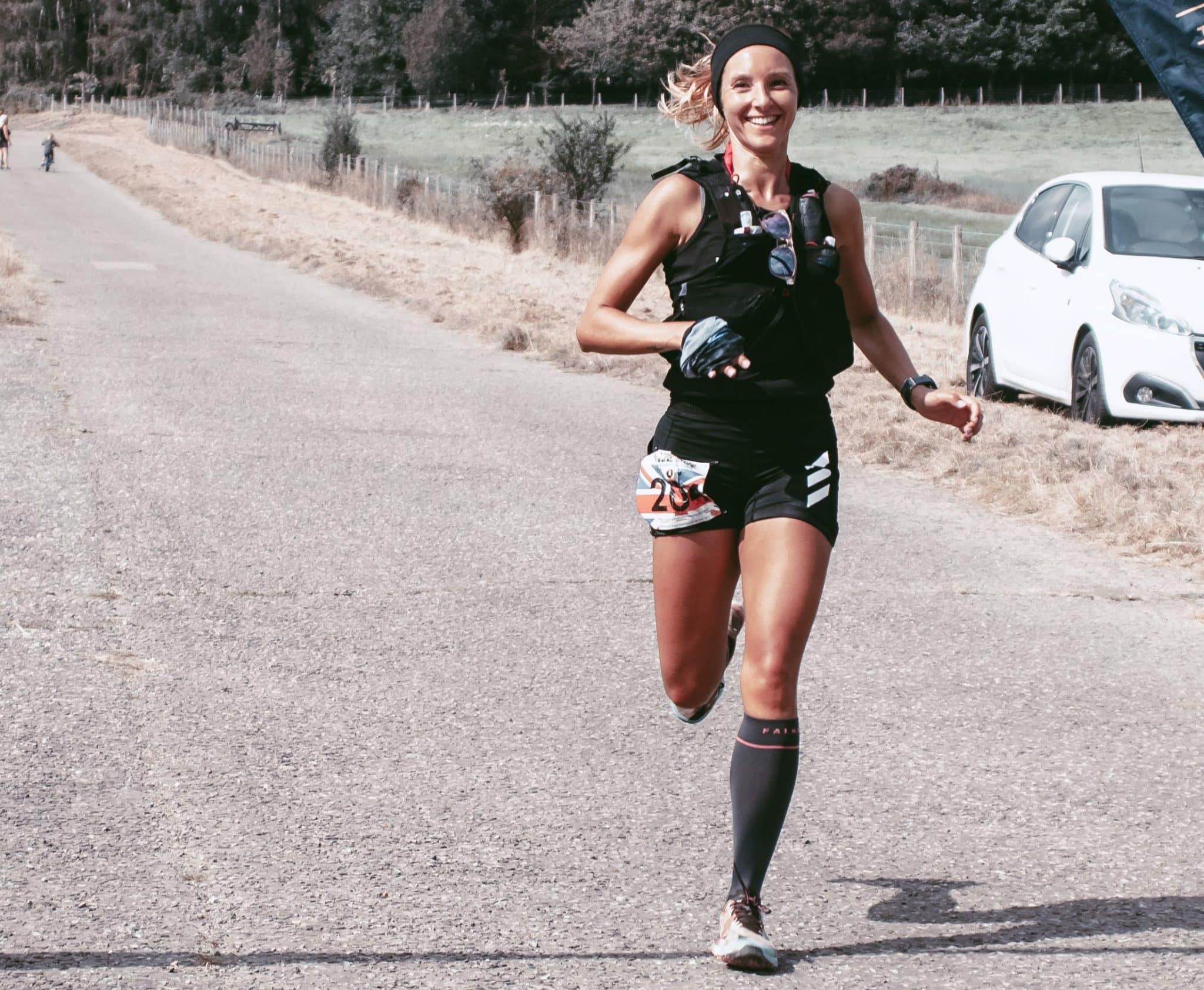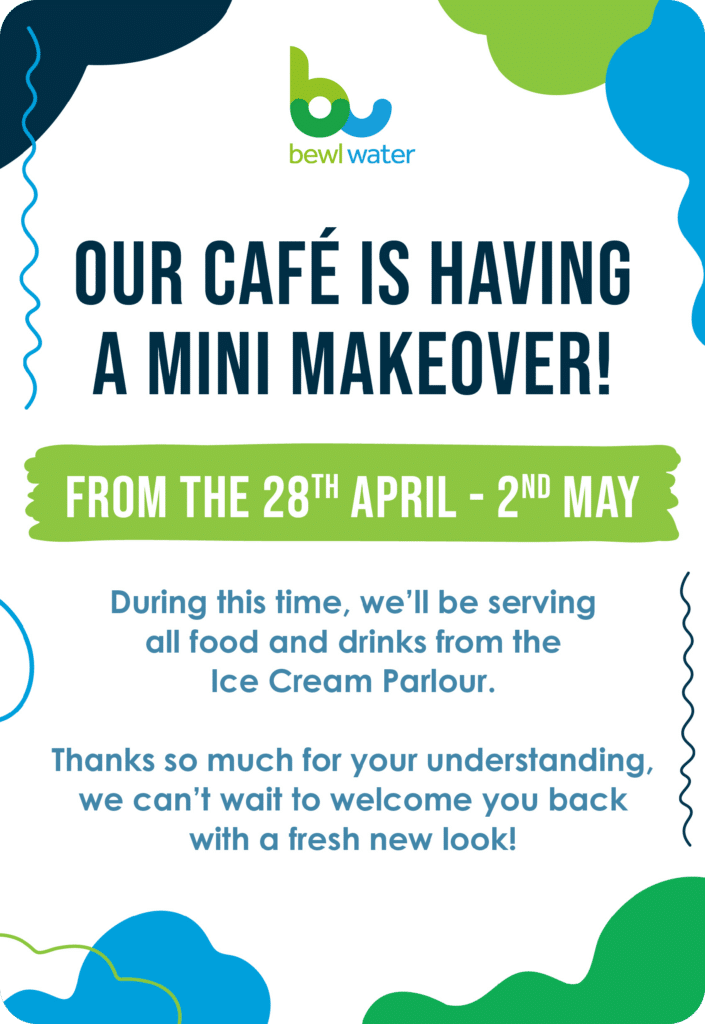Training for a marathon involves adapting your body to the rigorous demands 26.2 miles of running presents. To get it right, you need to increase your cardiovascular fitness and endurance, as well as your ability to conserve and manage energy during the race. It’s a commitment of a lifetime, and for many it seems like an impossible task. Yes, it’s a very long distance, but we believe that anyone can complete one! It just takes gruelling commitment, a lot of courage and some smart training.
Whether you’re testing your limits, wanting to lose weight, get healthier or raise awareness for a charity, our guide will ensure your marathon journey before, during and after is a healthy and happy one – of course everyone is different, so be sure to adapt and adjust where necessary.
Getting started
Completing a marathon is a significant feat of athleticism and mental challenge accomplished by fewer than 1% of the population. For those that manage it, it’s an unforgettable event and a source of personal pride for the rest of their lives. But how do you get started?
The most important thing to remember is that it’s not about winning the race, but finishing all together, so it’s important when preparing for a marathon that you’re looking after your body and are aware of its limits. Running 26.2 miles puts you at a significant risk for injury, so if something doesn’t feel right, consult with your physician before you even begin training.
Starting small and starting early are also vital when getting started. Aspiring marathon runners should be running 20–30 miles a week regularly before committing to a six-month training program. This is an excellent way to prepare physically and mentally.
Start slow
Up to 80% of injuries occur during training, so it’s important to start slow. Just because you can run a 10K doesn’t mean you’re ready to tackle a 20 miler. Take your time building up your distance and work off a weekly incline – a good rule of thumb is that your weekly distance should not exceed more than 10% of the weeks’ previous. Aim for three-to-five per week and remember, keep things relaxed!
Build endurance
To run 26 miles well, you need to incrementally increase the distance to cultivate stamina and patience. Once you’re confident with your base mileage, incorporate a weekly long run and extend the mileage every week. As you gradually build the duration of the long run at a substantially slower pace, your body will start to adjust, and your goal of running a marathon will start to become more and more achievable. Of course, life is going to get in the way here and there, but don’t panic and stress. If you prioritise the long runs, you’ll be able to stay on track.
Speed work
Whilst speed work isn’t a necessity in marathon training, it helps make your runs feel much easier as it increases your aerobic capacity. There are two types of training you can try to achieve this: interval and tempo.
Intervals focus on a set of repetitive, short distance runs at a substantially faster pace, with slower recovery jogs or walks in between. You can also try tempo runs that usually range between 4-10 miles at a more demanding pace. Both methods teach your body, as well as your brain to sustain challenging work over a longer period of time.
Cross training
Overall, cross training is a great addition to your marathon preparation as it ensures you are a well-rounded running machine: you’re strong, you’ve got good endurance, and you’ve got no weak spots where injuries or imbalances can develop. By training your quads, hamstrings, glutes, and core, you not only feel physically stronger, but you will recover faster. Not only this, but you’ll have better control of your breathing too. Some great cross training options include swimming and cycling.
Rest and recovery
Rest days mean no running and they are critical to improving your training. Giving your body a chance to recover will not only heal and repair any soft tissue damage but restore glycogen stores and prevent mental burnout. You should aim for one – two rest days per week.
Listening to your body
Listening to your body might be the most crucial piece of advice we could give you. As we said previously, everybody is different which means each athlete needs their own unique training program to fit with their schedule and their body. Your body is constantly providing you with feedback that can help improve your performance, so learn to differentiate between the discomfort of hard effort and the pain of an injury. Feel you need an extra rest day? Take it! Convinced you can run an extra mile? Do it!
During and after the race
If there’s one rule never to break, it’s this one: never try anything new on race day. This means no new trainers or that extra coffee – you want to avoid anything that could throw a spanner in the works such as a blister or upset stomach.
Another thing to not fall victim to is the excitement and atmosphere on the day. Whilst you should absolutely soak up every bit of enjoyment, it’s easy to get carried away and throw yourself into a fast pace early on, which will quickly result in a loss of energy later. The goal of the first few miles is to conserve your energy, so starting with a slow pace can really work to your advantage.
The last 5 or 6 miles of the 26.2-mile quest are almost always the worst. Often, that’s when you hit a wall, jeopardising what might have been a consistent pace and effort for the previous 20 miles. To help you persevere, it helps to break your running into chunks. You could run to the next water station, or count the number of trees you see, you could even run for five and walk for two – do anything you have to do to get you to that finish line!
Once you’ve crossed the finish line, you might feel like collapsing in exhaustion and celebration – but it’s not over yet. In the immediate moments after the marathon, keep moving for at least 10-15 minutes by walking and stretching gently and make sure you eat at a carb-rich snack to replace the carbohydrates you’ve used up. Continue drinking lots of fluids and ensure you have a dinner packed full of carbs, veggies and protein followed by lots of rest and quality sleep!
Hermes Running at Bewl Water
Have we inspired you? On Saturday 24th September we’ll be hosting our very own running event where pro and aspiring athletes will be challenging themselves in either a half, full or ultra-marathon! A 10k race will also be available with all four courses taking place on a combination of rural wooded trails and quiet country lanes, with unrivalled views of the reservoir.
Rated as one of the top 10 marathons in the UK, runners can enter by visiting Hermes Running.






